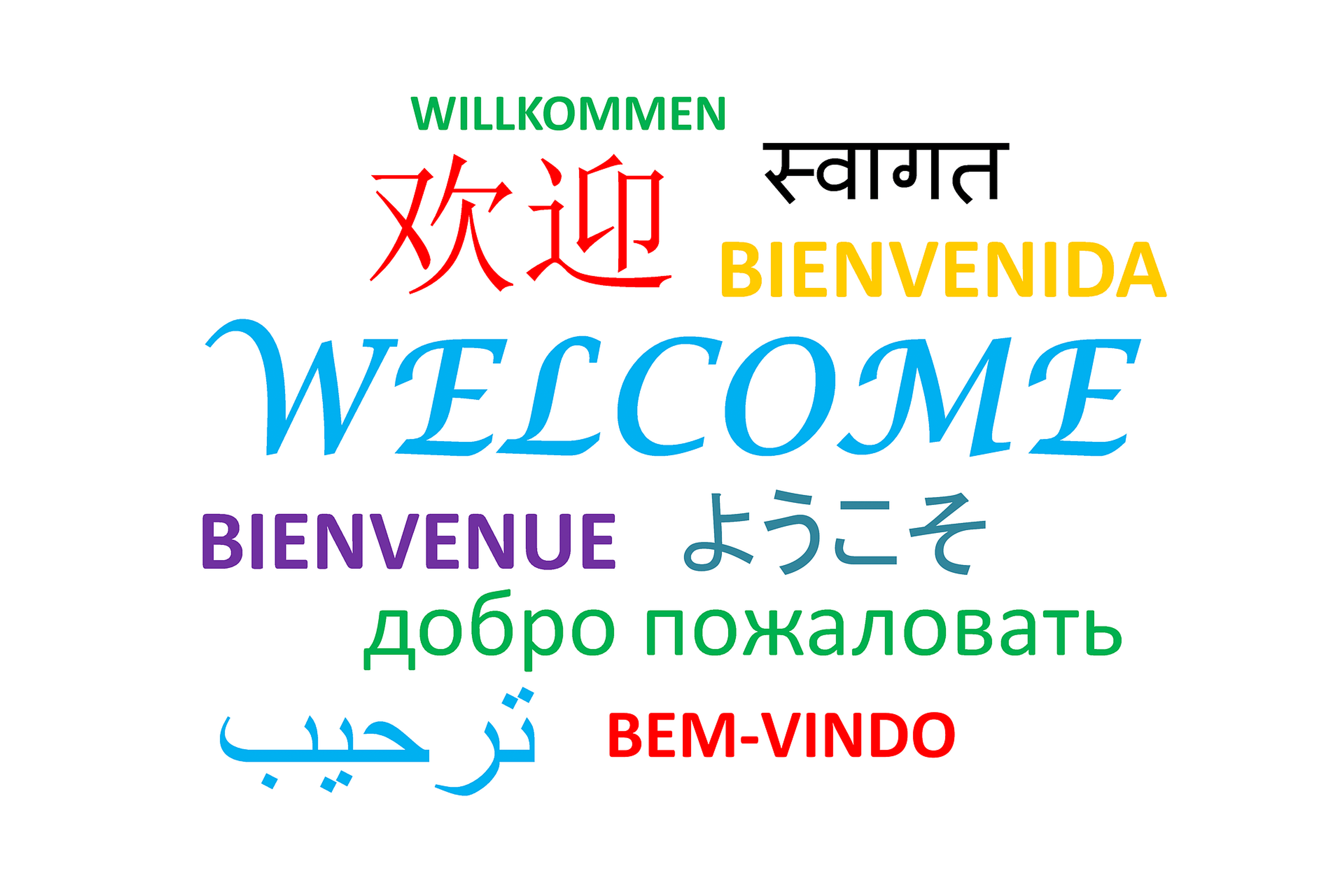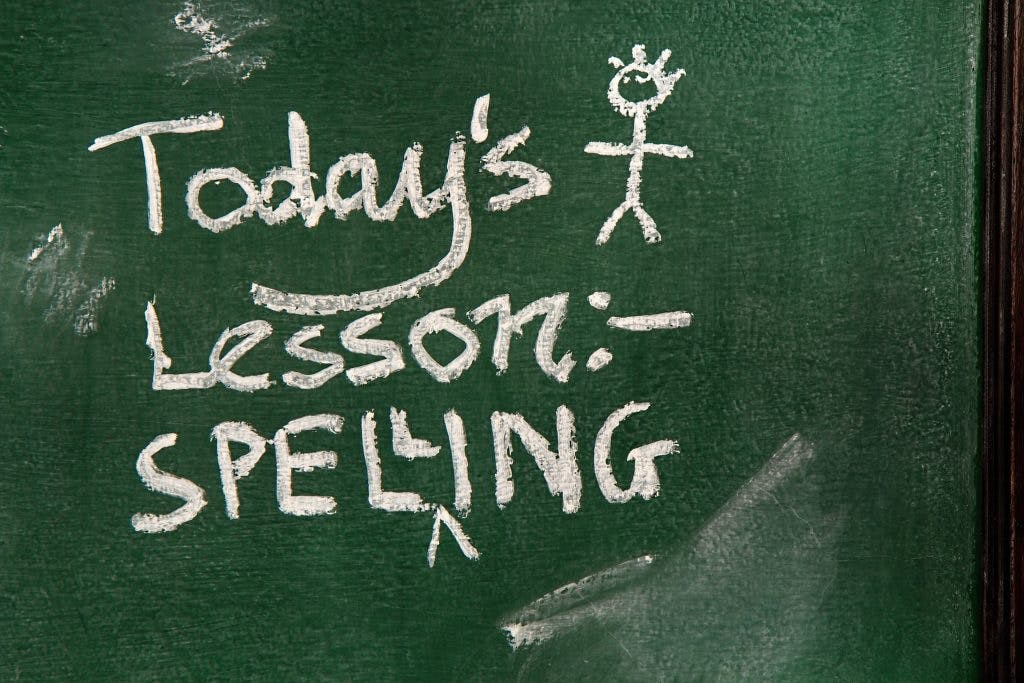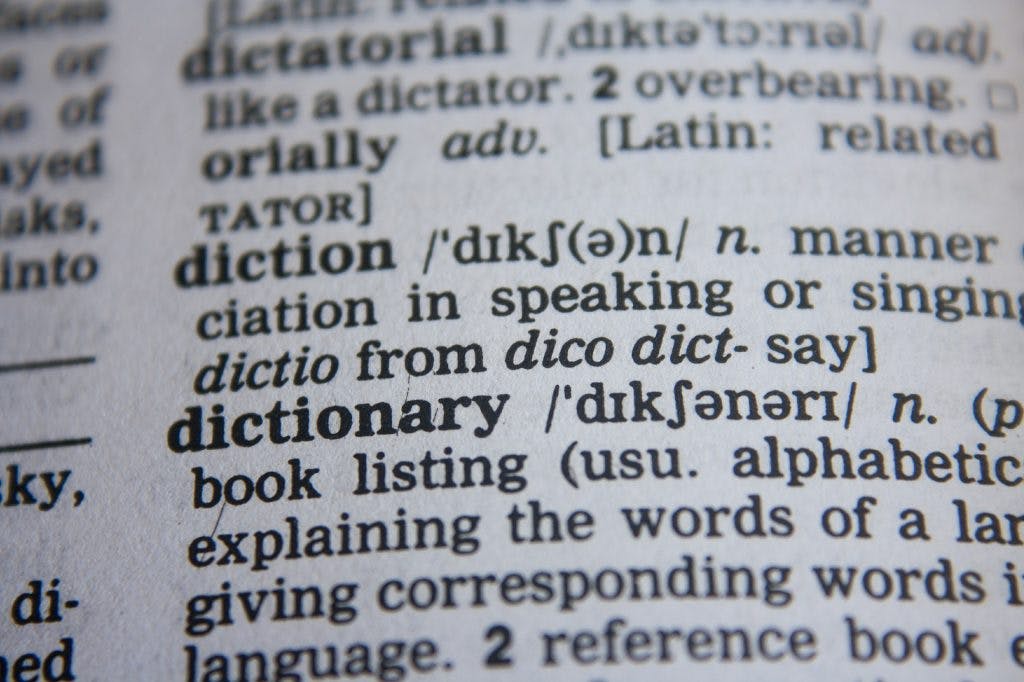
Live abroad
How to learn a new language faster
Joanna Horanin
Hi, I'm Joanna, the author of The Blond Travels. In the worlds of Thailand and Portugal, I feel like a fish in water - and it's no coincidence! I've been exploring Thailand for over a decade, and I've settled in Portugal for 6 years now. My mission is to support Dreamers - just like you - in discovering these fascinating countries and helping those in love with them find their own place on Earth, preferably for good! Let's uncover these unique corners of the world together.
It doesn’t matter where you’re from, chances are you had to learn a foreign language at school. Whether it’s French, Spanish, Russian, or even English – if you learn a language quickly or not, has a lot to do with how much you like it or how useful you find it.
As an English teacher, and a non-native English speaker, I know how hard it can be to learn a new language. I hear the same questions from my students every day: ‘How can I learn English faster?’ and ‘How can I improve my English?’
In my opinion, it doesn’t matter if you want to learn English, Spanish, German or Mandarin. The steps to learning faster and putting your knowledge to practical use are universal.
These are my tips to learning languages faster.
Start at home

Use your free time for learning
Get an introduction into the language you want to learn and find out about its challenges. Some languages have complex grammar rules, others use a large tonal variety. It is important to know what to prepare for.
Start by learning everyday phrases, such as ‘good morning’ or ‘thank you’. This will get you a feeling for the language and take a bit of pressure out of your first lessons. I always recommend checking out Coursera or YouTube as great sources of free educational materials – especially for beginners.
Find a good teacher

Choosing a good teacher is the most important thing if you want to learn a new language
Of course finding a good teacher is crucial. They need to know what you want to learn, what your plans are and what phrases and expressions will be the most useful for you.
When I was at university I signed up for private Russian classes. I wanted to learn how to read the Cyrillic alphabet, but mostly I dreamed of being able to have a casual conversation with someone. My teacher, a retired university lecturer, tried to shove a huge amount of grammar rules into my head for months. I didn’t want to spend another few years on stripping sentences apart and analysing rules I didn’t quite understand. This was not why I was there. After a couple of months I got too discouraged and quit.
If you are ever in such a situation, don’t hesitate to change your teacher as soon as you realise that this person doesn’t suit you and your needs.
You are there to learn and a good teacher is the most important aspect in the process.
Focus on speaking

Focus on your speaking practice
Don’t focus too much on grammar at the beginning. Of course knowing more is always a plus but often a basic understanding of how a language works is enough to get started.
Ask your teacher to teach you vocabulary and expressions – learn them by heart and repeat them whenever you can.
You will learn grammar with time, if you spend a long time abroad, but for now just practice your speaking. In that way you will never get bored and you will feel like you’re learning something useful.
Practise your listening skills

Listen to music and watch movies in your new language
Listening skills are as important to learn as speaking. Music and films will be great resources to help you with that. Watch movies in the language you are trying to learn and add subtitles in your own tongue, if that makes it easier for you. If you’re a beginner then go for cartoons and films for children.
What motivated me to learn English was the fact that I could translate New Kids On The Block’s lyrics (yes, I was a huge fan and yes, I’m that old), so I sat for hours with a dictionary, listening to the songs trying to understand what they sang about. It was fun and step by step I learned a lot.
Broaden your vocabulary

There are plenty of online dictionaries you can use for free
This is how I used to learn English – every week choose 5-6 words from a dictionary, translate them and learn them by heart. Once you get the pronunciation right, try to build 2-3 sentences with each word and learn those by heart, too. I think it’s a great and efficient way of enriching your vocabulary.
Read books and magazines in your new language about things that interest you, or things that don’t seem too difficult. From my experience, romantic novels and children’s books are always great. But whatever you’re into, buy a few materials, read and note the words that seem crucial to you and then follow the steps above.
Don’t be scared to use your skills

Don’t be shy! Talk to people!
When I learned English I was petrified of using it. For some reason I imagined that people would laugh at me if I said or pronounced something wrong. After I became fluent, I understood that it was important for me to practise my skills as much as I could. Once I moved to Thailand and started learning Thai I always tried to use the language and communicate with locals.
Fear of being laughed at is totally unreasonable. Very often the other person will appreciate and admire you for trying to learn their language and very often will help you out with improving it.
However, there is always a risk of being misunderstood, which discourages new learners. Chris Lonsdale, who a while ago gave a very popular TED Talk on how to learn a new language in 6 months, says that to avoid disappointment of not being understood a new student should find a native speaker they can have a conversation with. It doesn’t need to be your teacher. It can be someone who will have a casual conversation with you and will be used to your accent. That way you will get more confident.
Go abroad and have fun

Visit far away lands and use your new skills
Living abroad, or travelling, is the best way to learn a new language fast. You don’t need to be fluent before you leave. Some useful phrases and lots of vocabulary should be enough for the start.
Once you’re in your new country, or on the road, use your new skills as much as possible. Talk to people, make friends, go out. You will find that your new language will open new horizons to you and you will get to know the culture better and more in-depth than other expats and tourists without any language skills.